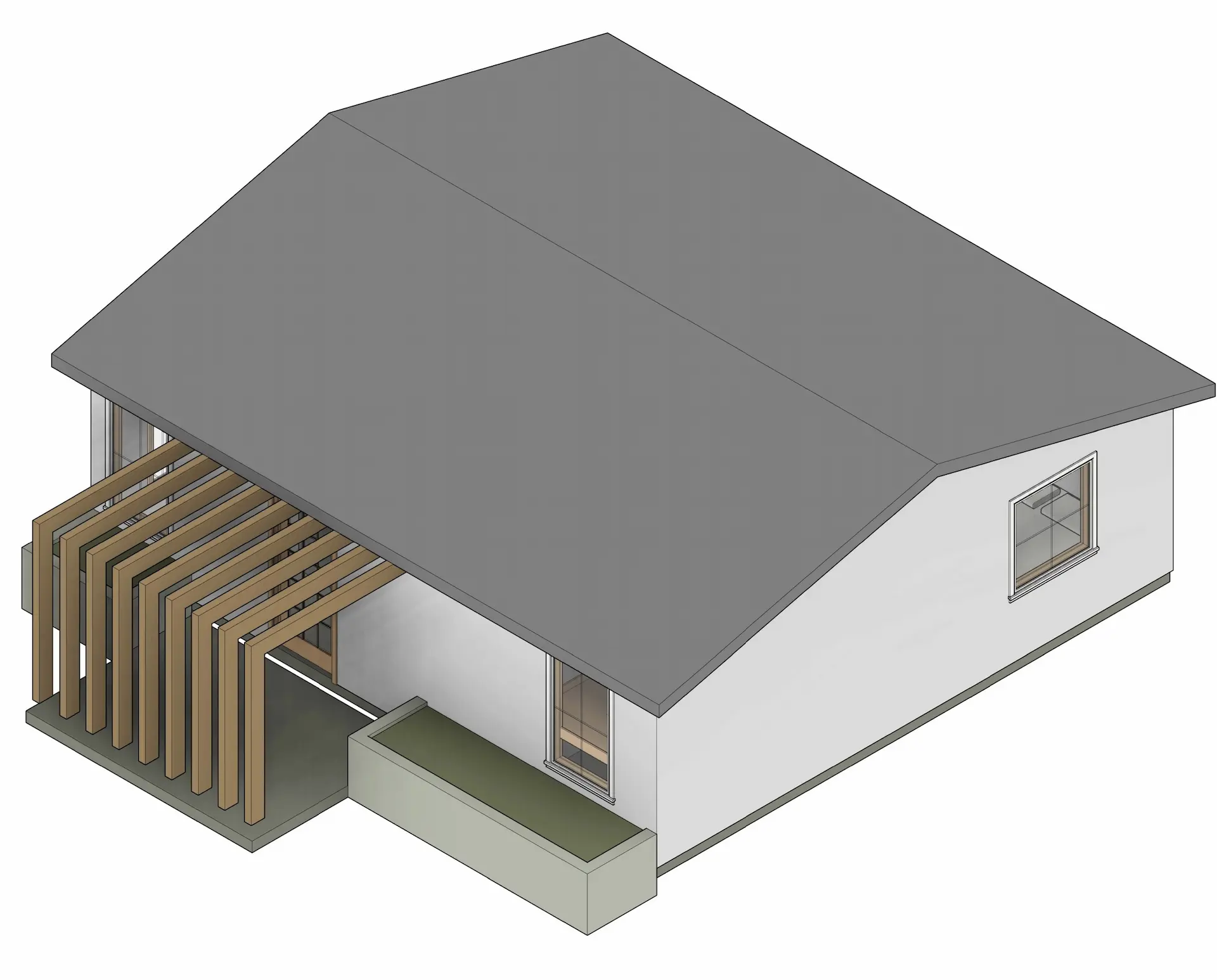Successfully navigating Boston's ADU permitting process is crucial for transforming your accessory dwelling unit vision into reality. While the city has made significant strides in streamlining ADU approvals, understanding the requirements, timeline, and potential challenges can save you months of delays and thousands of dollars in revision costs. This comprehensive guide walks you through every step of the Boston ADU permitting journey, from initial zoning verification to final certificate of occupancy.
Understanding Boston's ADU Regulations
Boston's approach to ADU regulation reflects the city's commitment to increasing housing options while maintaining neighborhood character. The current zoning code allows ADUs in most residential districts, with specific requirements designed to ensure compatibility with existing communities.
Zoning Districts That Allow ADUs
Most Boston residential zoning districts permit ADUs, including:
- 1F (Single-Family Residential): Detached and attached ADUs permitted with specific size and design standards
- 2F (Two-Family Residential): ADUs allowed as third units with additional parking requirements
- 3F (Three-Family Residential): Limited ADU opportunities depending on existing density
- MF (Multi-Family Residential): ADUs permitted in certain configurations with zoning board approval
Basic ADU Requirements
All Boston ADUs must meet fundamental criteria:
- Maximum size of 900 square feet or 30% of primary dwelling, whichever is smaller
- Minimum lot size of 5,000 square feet for detached ADUs
- Owner occupancy of either primary dwelling or ADU
- Adequate parking provision (typically one space per ADU)
- Compliance with all building and fire safety codes
- Architectural compatibility with primary structure and neighborhood
Building an ADU in Boston requires significant upfront investment, but the combination of strong rental demand and proper planning makes it highly rewarding. By understanding all regulatory requirements and working with experienced professionals, you can ensure your ADU project delivers both immediate benefits and long-term value.
The key to success lies in thorough preparation, realistic timelines, and choosing the right team to guide you through the process. With proper planning and expert guidance, your Boston ADU permitting process can proceed smoothly toward construction and occupancy.
